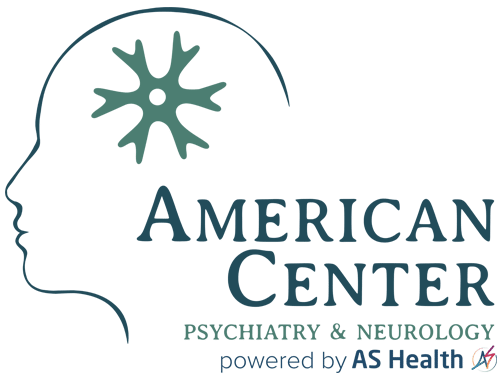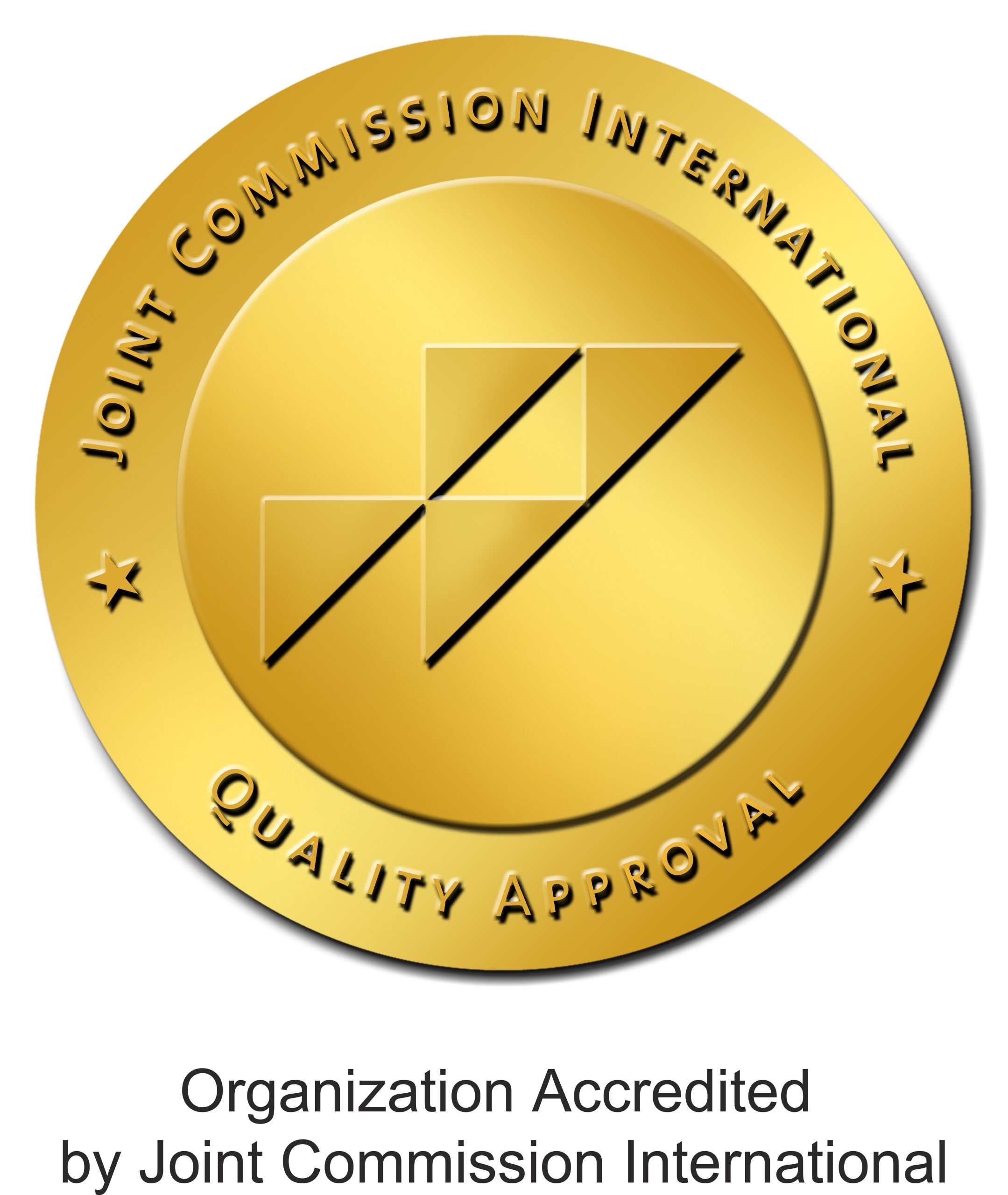Schizophrenia is a serious psychiatric illness that causes strange thinking, strange feelings, and unusual behavior. It is uncommon in children and is hard to recognize in its early phases. The cause of schizophrenia is not known. Current research suggests a combination of brain changes, bio-chemical, genetic and environmental factors may be involved. Early diagnosis and medical treatment are important. Schizophrenia is a life-long disease that can be controlled but not cured.
The symptoms and behavior of children and adolescents with schizophrenia may differ from that of adults with this illness. The following symptoms and behaviors can occur in children or adolescents with schizophrenia:
- seeing things and hearing voices which are not real (hallucinations),
- odd and eccentric behavior, and/or speech,
- unusual or bizarre thoughts and ideas,
- confusing television and dreams from reality,
- confused thinking,
- extreme moodiness,
- ideas that people are Aout to get them,@ or talking about them, (paranoia)
- severe anxiety and fearfulness,
- difficulty relating to peers, and keeping friends.
- withdrawn and increased isolation,
- decline in personal hygiene
The behavior of children with schizophrenia may change slowly over time. For example, children who used to enjoy relationships with others may start to become more shy or withdrawn and seem to be in their own world. Sometimes youngsters will begin talking about strange fears and ideas. They may start to cling to parents or say things which do not make sense. These early symptoms and problems may first be noticed by the child’s school teachers.
Children with schizophrenia must have a complete evaluation. Parents should ask their family physician or pediatrician to refer them to a psychiatrist, preferably a child and adolescent psychiatrist, who is specifically trained and skilled at evaluating, diagnosing, and treating children with schizophrenia. Children with schizophrenia need a comprehensive treatment plan. A combination of medication, individual therapy, family therapy, and specialized programs (school, activities, etc.) is often necessary. Psychiatric medication can be helpful for many of the symptoms and problems identified. These medications require careful monitoring by a psychiatrist (preferably a child and adolescent psychiatrist.)
For more information, please click on the following links:
- https://aacap.org/page.ww?name=Schizophrenia+in+Children§ion=Facts+for+Families
Or read more on our website:
- https://americancenteruae.com/?patienteduccenter=schizophrenia
Source: https://www.aacap.org



